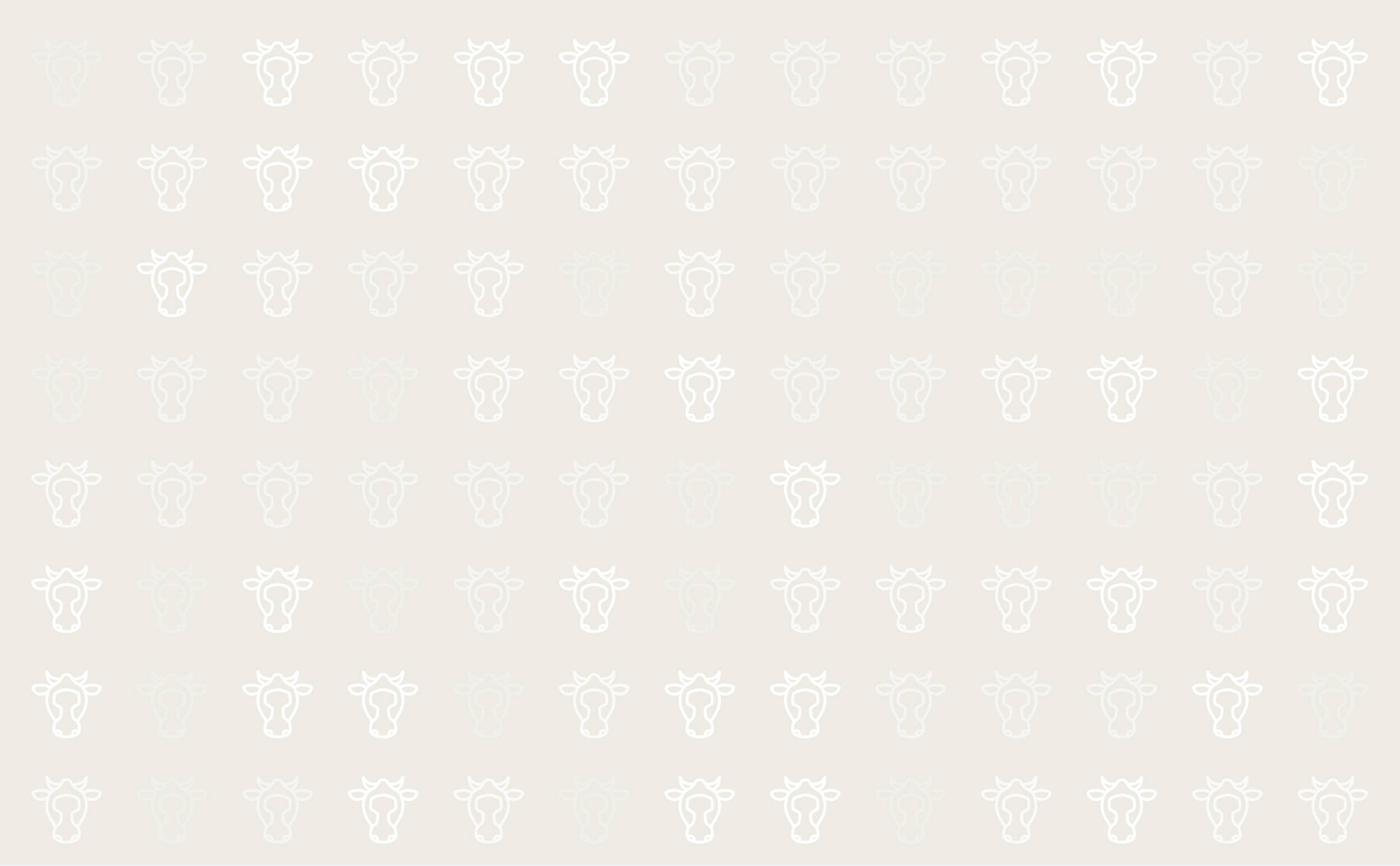



New Red Meat and Cancer Report Criticised
US - A new report linking high consumption of red and processed meat to cancer has brought a wave of criticism from the meat industry.The report published in the Archives of Internal Medicine in the US says that "high intakes of red or processed meat may increase the risk of mortality.
It says: "Red and processed meat intakes were associated with modest increases in total mortality, cancer mortality and cardiovascular disease mortality."
The study looked at people in the National Institute of Health's - AARP - formerly the American Association of Retired Persons - Diet and Health study.
This included half a million people aged between 50 and 71 and their meat intake was estimated from a food frequency questionnaire.
The study authors, Rashmi Sinha, PhD; Amanda J. Cross, PhD; Barry I. Graubard, PhD; Michael F. Leitzmann, MD, DrPH; Arthur Schatzkin, MD, DrPH , looked at health history, food intake including fruit and vegetables and alcohol consumption and smoking history as well as race and body mass index and physical activity.
However, the American Meat Institute says the methods used including self reporting are unreliable.
This imprecise approach is like relying on consumers' personal characterisation of their driving habits in prior years in determining their likelihood of having an accident in the future, the AMI said.
"Meat products are part of a healthy, balanced diet and studies show they actually provide a sense of satisfaction and fullness that can help with weight control. Proper body weight contributes to good health overall," said AMI Executive Vice President James H. Hodges.
"Meat is an excellent source of zinc, iron, B12 and other essential vitamins and minerals. The U.S. Dietary Guidelines say to eat a balanced diet that includes lean meat. In this way, you derive a wide array of nutrients from many different sources. It's the best return on a nutritional investment you can get."
Mr Hodges added: "Single studies cannot be used to draw major conclusions, yet that's just what these authors seem to be doing by releasing this study with a major national press release."
The AMI added that in the new study, researchers asked people to recall what they ate over the previous 12 months and to record it into a 35-page, detailed questionnaire.
"Notably, the front page of the questionnaire says 'Answer each question as best you can. Estimate if you are not sure. A guess is better than leaving a blank.' After 10 years and after receiving questionnaires only at the outset, the five year mark and the 10 year mark, the researchers tried to correlate dietary factors with deaths," the AMI reports.
"No doubt many participants guessed extensively in an effort to recall five years of habits and answer 35 pages of questions. Health conclusions and public policy recommendations should not be based on mere guesses," Mr Hodges said.
Further Reading
| - | You can view our report by clicking here. |
TheCattleSite News Desk


